Description
Medical benefits of papaya,پپیتے کے طبی فوائد
The fruit is amoebicide, analgesic, anodyne, anthelmintic, antibacterial, antibiotic, antidiarrhoeal, antidysentric, antihaemorrhoidal, cardiotonic, carminative, cholagogue, digestive, diuretic, emmenagogue, febrifuge, hypotensive, laxative (mild), pectoral, stomachic, thermogenic, tonic and vermifuge.
Papaya’s main medicinal use is as a digestive agent. The fruit supports sound digestion (the unripe fruit is especially effective). Also useful in deficiency of gastric juice, excess of unhealthy mucous in the stomach, dyspepsia, diarrhoea, dysentery, intestinal irritation, intestinal worms, flatulence, gastroduodenal ulcers, pancreas excretion insufficiency, habitual constipation, bleeding piles and enlargement of spleen and liver.
Recommended Dosage
60 mg to 120 mg dry powder.
Contraindication
The fruit is contraindicated during pregnancy or lactation.
Evidence-Based Health Benefits of Papaya
The papaya is an incredibly healthy tropical fruit.
It’s loaded with antioxidants that can reduce inflammation, fight disease and help keep you looking young.
Here are 8 health benefits of papaya:
1. Papaya is Delicious and Loaded With Nutrients
Papaya is the fruit of the Carica papaya plant.
Christopher Columbus reportedly called it “fruit of the angels” because it tasted so good.
The papaya originated in Central America and Southern Mexico, but is now grown in many other parts of the world.
Papaya contains an enzyme called papain, which can break down the tough protein chains found in muscle meat. Because of this, people have used papaya to tenderize meat for thousands of years.
If the papaya is ripe, it can be eaten raw. However, unripe papaya should always be cooked before eating, especially during pregnancy. That’s because the unripe fruit has a high latex content, which can stimulate contractions (1).
Papayas are shaped similar to a pear, and can be up to 20 inches long. The skin is green when unripe, and orange when ripe. The flesh inside is yellow, orange or red.
The fruit also has many black seeds seeds inside the center. These are edible, but do have a bitter flavor.
One small papaya (152 grams) contains:
- Calories: 59.
- Carbohydrates: 15 grams.
- Fiber: 3 grams.
- Protein: 1 gram.
- Vitamin C: 157% of the RDI.
- Vitamin A: 33% of the RDI.
- Folate (Vitamin B9): 14% of the RDI.
- Potassium: 11% of the RDI.
- Trace amounts of calcium, magnesium and vitamins B1, B3, B5, E and K.
Papayas also contain healthy antioxidants called carotenoids. They are especially high in a type of carotenoid called lycopene.
What’s more, these beneficial antioxidants are better absorbed from papayas than from other fruits and vegetables (2).
2. It Has Powerful Antioxidant Effects
Free radicals are reactive molecules created during your body’s metabolism.
They do perform certain important functions, including helping to destroy harmful bacteria (3).
However, when you have too many of them, your body is said to be in a state of oxidative stress, which can lead to disease.
Antioxidants, including the carotenoids found in papayas, can neutralize free radicals so that they are no longer able to cause harm (4).
Studies have found that fermented papaya can reduce oxidative stress in the elderly and people with prediabetes, mild hypothyroidism and liver disease (5, 6, 7, 8).
Also, many researchers believe that excessive free radicals in the brain are an important factor in Alzheimer’s disease (9).
In one study, Alzheimer’s patients given a fermented papaya extract for 6 months experienced a 40% drop in a biomarker known as 8–OHdG. This marker, which indicates oxidative damage to DNA, is also linked to aging and cancer (10, 11).
The reduction in oxidative stress has been attributed to papaya’s lycopene content and ability to remove excess iron, which is known to produce free radicals (12, 13).
3. Papaya Has Anti-Cancer Properties
Research suggests that the lycopene in papaya can reduce cancer risk (12).
It may also be beneficial for people who are being treated for cancer (14).
Papaya’s cancer-fighting ability appears to be due to its ability to reduce free radicals that contribute to cancer development and progression.
Additionally, papaya may have some unique effects that aren’t shared by other fruits.
Among 14 fruits and vegetables with known antioxidant properties, only papaya demonstrated anti-cancer activity in breast cancer cells (15).
In a small study of older people with inflammation and precancerous changes of the stomach, a fermented papaya preparation reduced oxidative damage (16).
However, a lot more research is needed before any recommendations can be made.
4. The Antioxidants in Papaya May Improve Heart Health
Adding more papaya to your diet may be beneficial for your heart.
Studies show that lycopene- and vitamin C-rich fruits may help prevent heart disease (17, 18).
The antioxidants in papaya may protect your heart and enhance the protective effects of HDL, the “good” cholesterol (19, 20).
In one study, people who took a fermented papaya supplement for 14 weeks had less inflammation and a better LDL:HDL ratio than people who were given a placebo. An improved ratio is linked to a reduced risk of heart disease (20, 21).
5. Papaya Fights Inflammation
Chronic inflammation is at the root of many diseases, and unhealthy foods and lifestyle choices can drive the inflammatory process (22).
Inflammation can be measured by testing several blood markers, including C-reactive protein (CRP), tumor necrosis factor (TNF) and interleukin-6 (IL-6).
Studies have shown that antioxidant-rich fruits and vegetables like papaya help reduce these inflammatory markers (23, 24, 25, 26).
For example, one study showed that men who increased their intake of fruits and vegetables high in carotenoids had a significant decrease in CRP (26).
6. Papaya May Improve Digestion
The papain enzyme in the fruit can make protein easier to digest.
People in the tropics consider papaya a remedy for constipation and other symptoms of irritable bowel syndrome (IBS).
In one study, people who took a papaya-based formula for 40 days had significant improvement in constipation and bloating (27).
The seeds, leaves and roots have also been shown to be effective for treating ulcers in animal and human studies (28, 29).
7. It Protects Against Skin Damage
In addition to keeping your body healthy, papaya can also help your skin look more toned and youthful.
Excessive free radical activity is believed to be responsible for much of the wrinkling, sagging and other skin damage that occurs with age (30).
The vitamin C and lycopene in papaya protect your skin and may help reduce these signs of aging (31).
In one study, lycopene supplementation for 10–12 weeks decreased skin redness after sun exposure, which is a sign of skin injury (32).
In another, older women who consumed a mixture of lycopene, vitamin C and other antioxidants for 14 weeks had a visible and measurable reduction in depth of facial wrinkles (33).
8. The Fruit is Delicious and Versatile
Papaya has a unique taste that many people love. However, ripeness is key.
An unripe or overly ripe papaya can taste very different from one at its peak of ripeness.
When optimally ripe, papaya should be yellow to orange-red in color, although a few green spots are fine. It should yield to gentle pressure
Like the mango, its flavor is best when cold, so it’s a good idea to keep it refrigerated whenever possible.
It’s also an incredibly versatile fruit.
After washing it well, you can cut it in half lengthwise, scoop out the seeds, and eat it out of the rind with a spoon, like cantaloupe or melon.
It can also be combined with other foods that complement its flavor.
Here are a few easy recipe ideas using 1 small papaya:
- Breakfast: Cut it in half and fill each half with Greek yogurt, then top with a few blueberries and chopped nuts.
- Appetizer: Cut it into strips and wrap a slice of ham or prosciutto around each strip.
- Salsa: Chop papaya, tomatoes, onions and cilantro, then add lime juice and mix well.
- Smoothie: Combine the diced fruit with coconut milk and ice in a blender, then blend until smooth.
- Salad: Chop papaya and avocado into cubes, add diced cooked chicken and dress with olive oil and vinegar.
- Dessert: Combine the chopped fruit with 2 tablespoons of chia seeds, 1 cup almond milk and 1 teaspoon vanilla. Mix well and refrigerate before eating.
Take Home Message
Papaya is rich in valuable nutrients and has a delicious taste.
Its strong antioxidant properties may help reduce your risk of many diseases, especially the ones that tend to come with age, such as heart disease and cancer.
It may also defend against the visible signs of aging, helping your skin remain smooth and youthful.
To experience the many benefits of papaya, consider adding this healthy and delicious fruit to your diet.




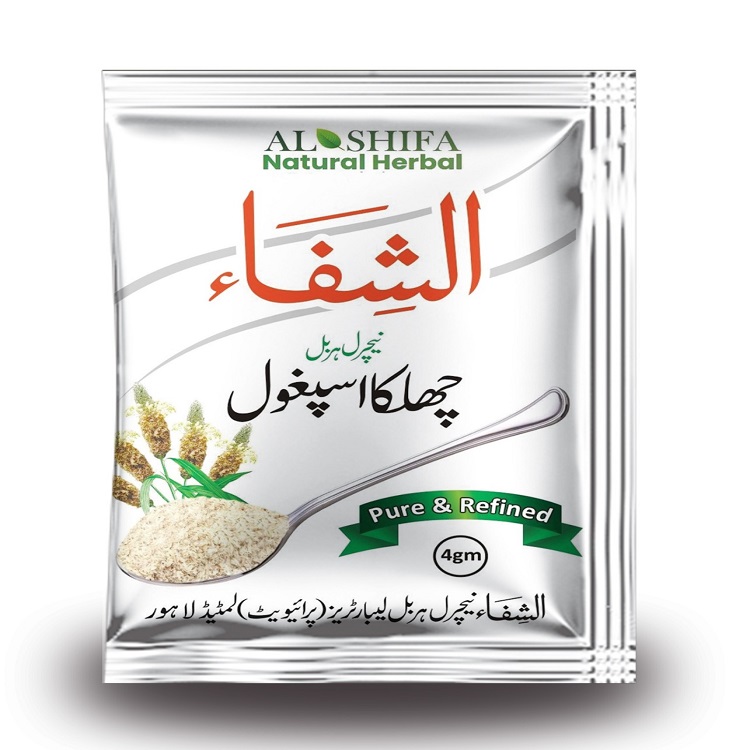



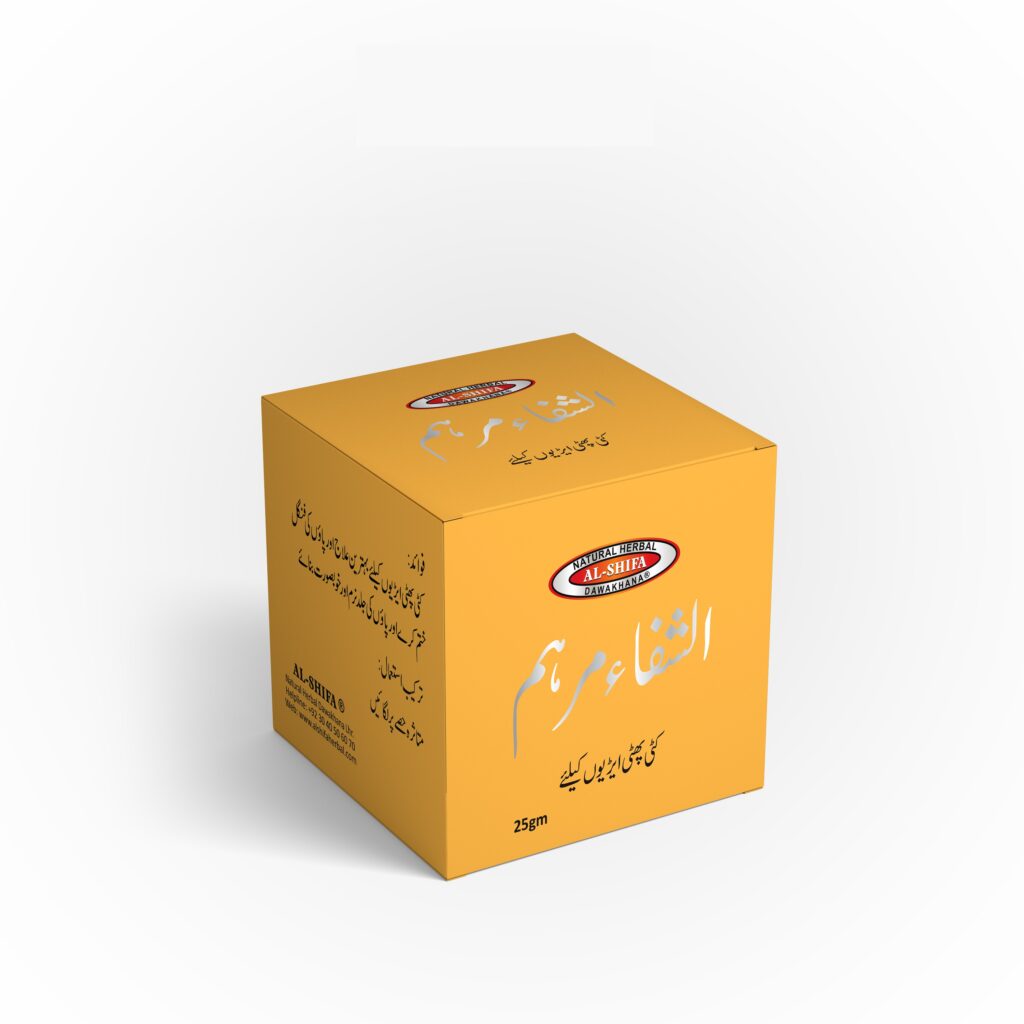
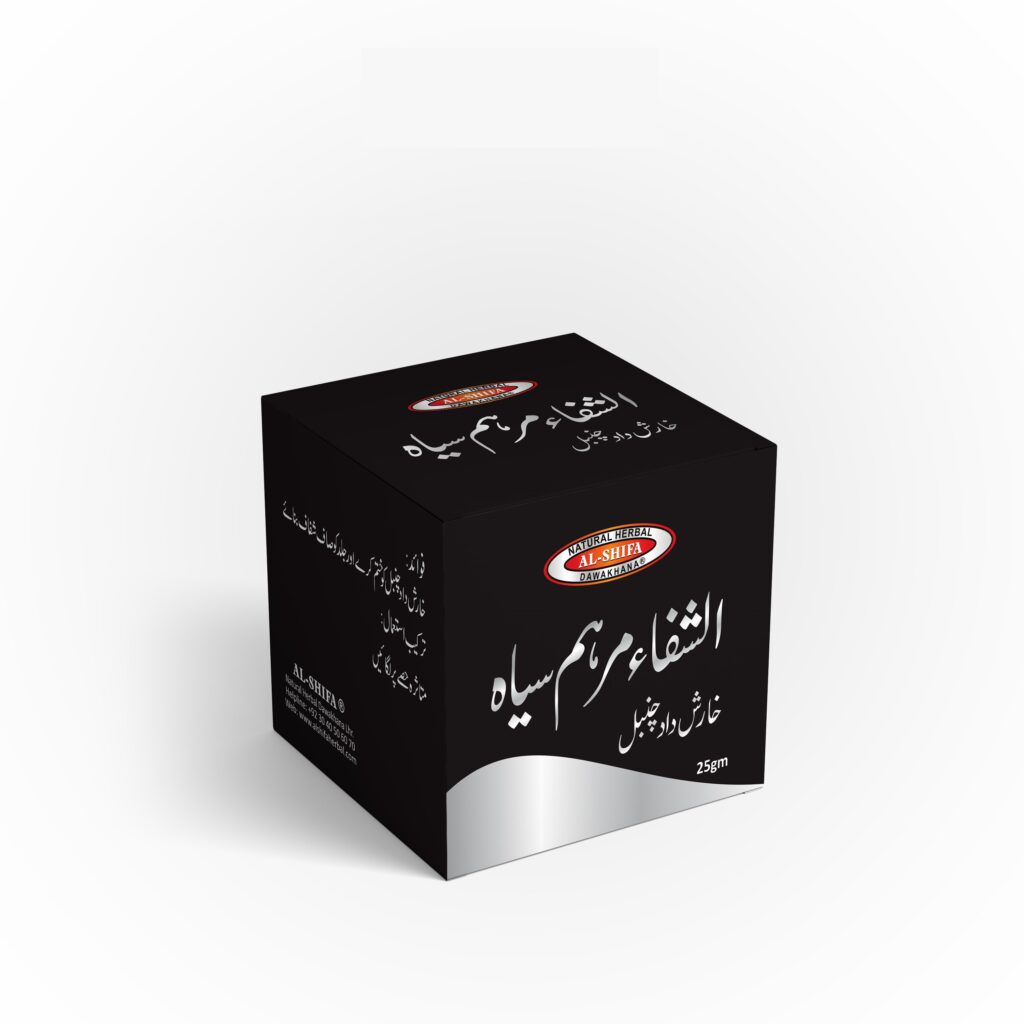
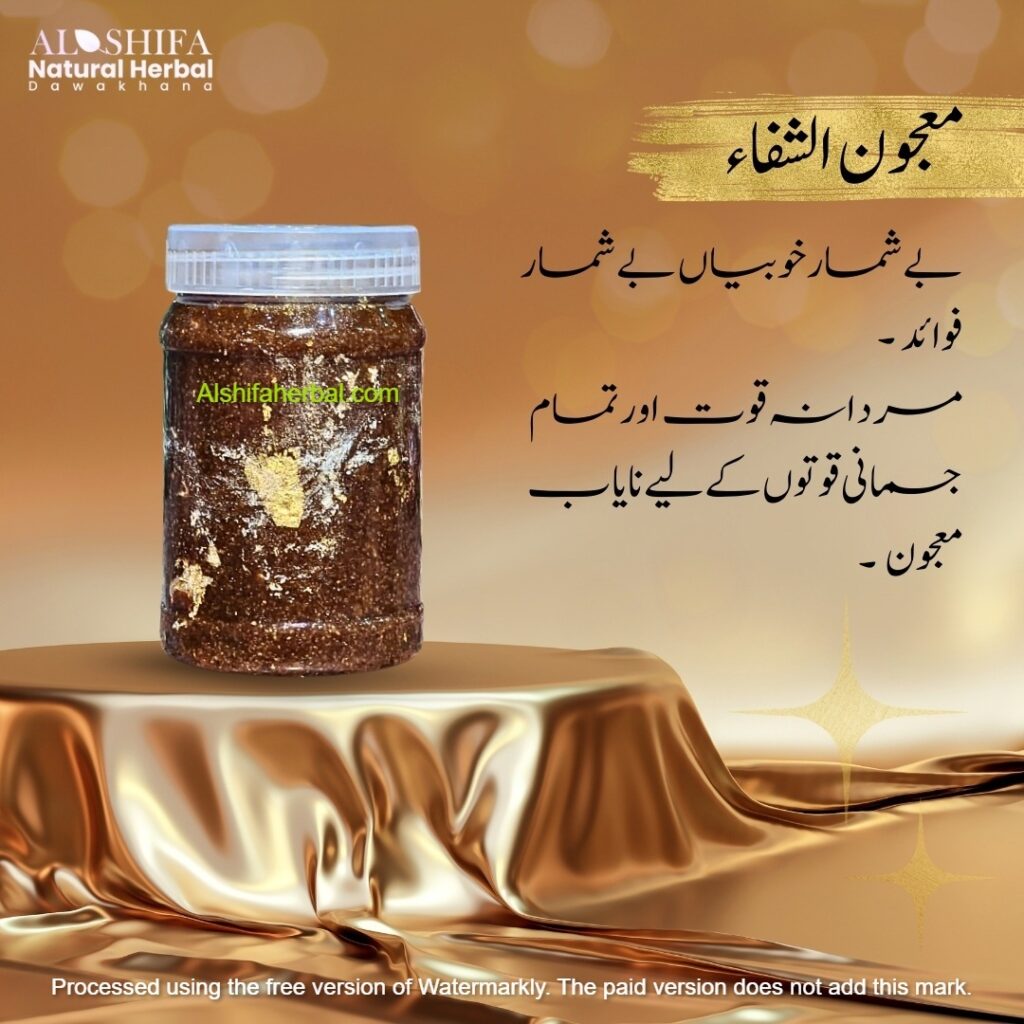

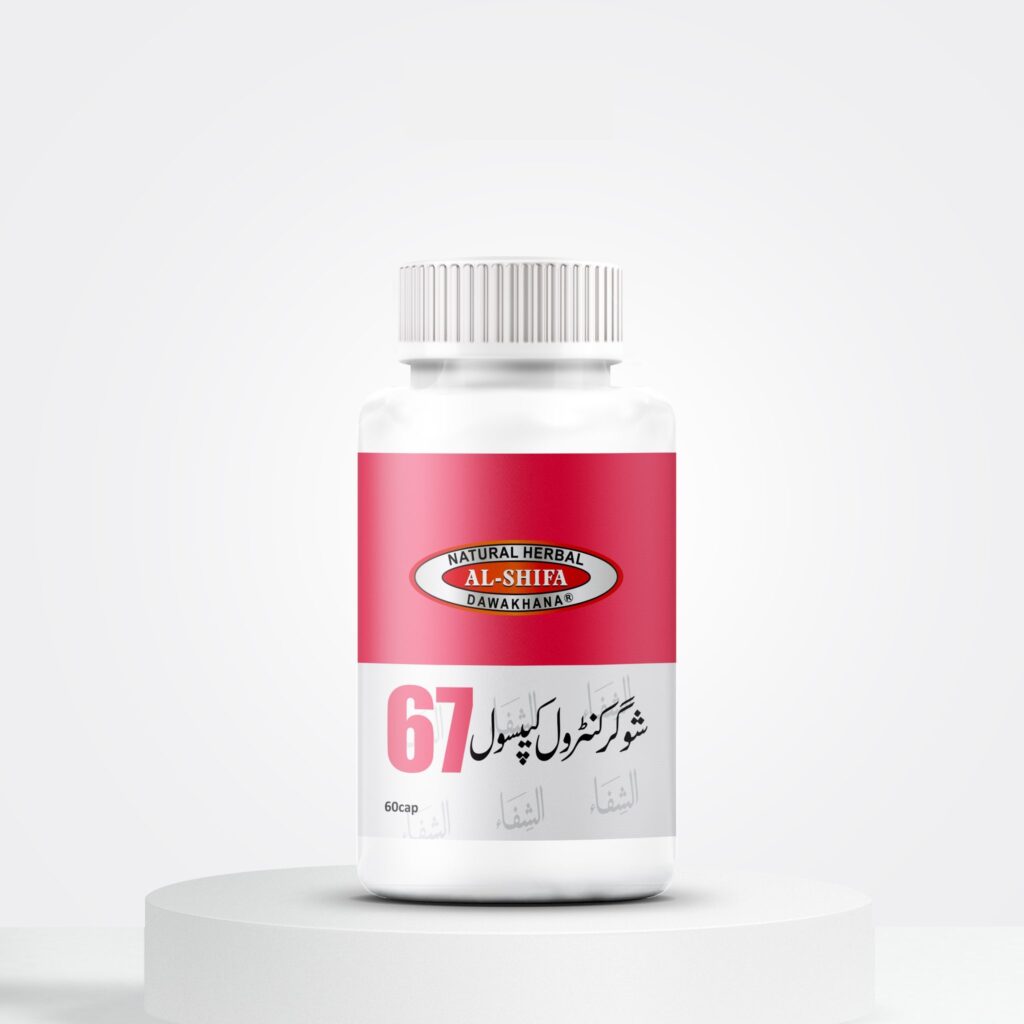



Reviews
There are no reviews yet.